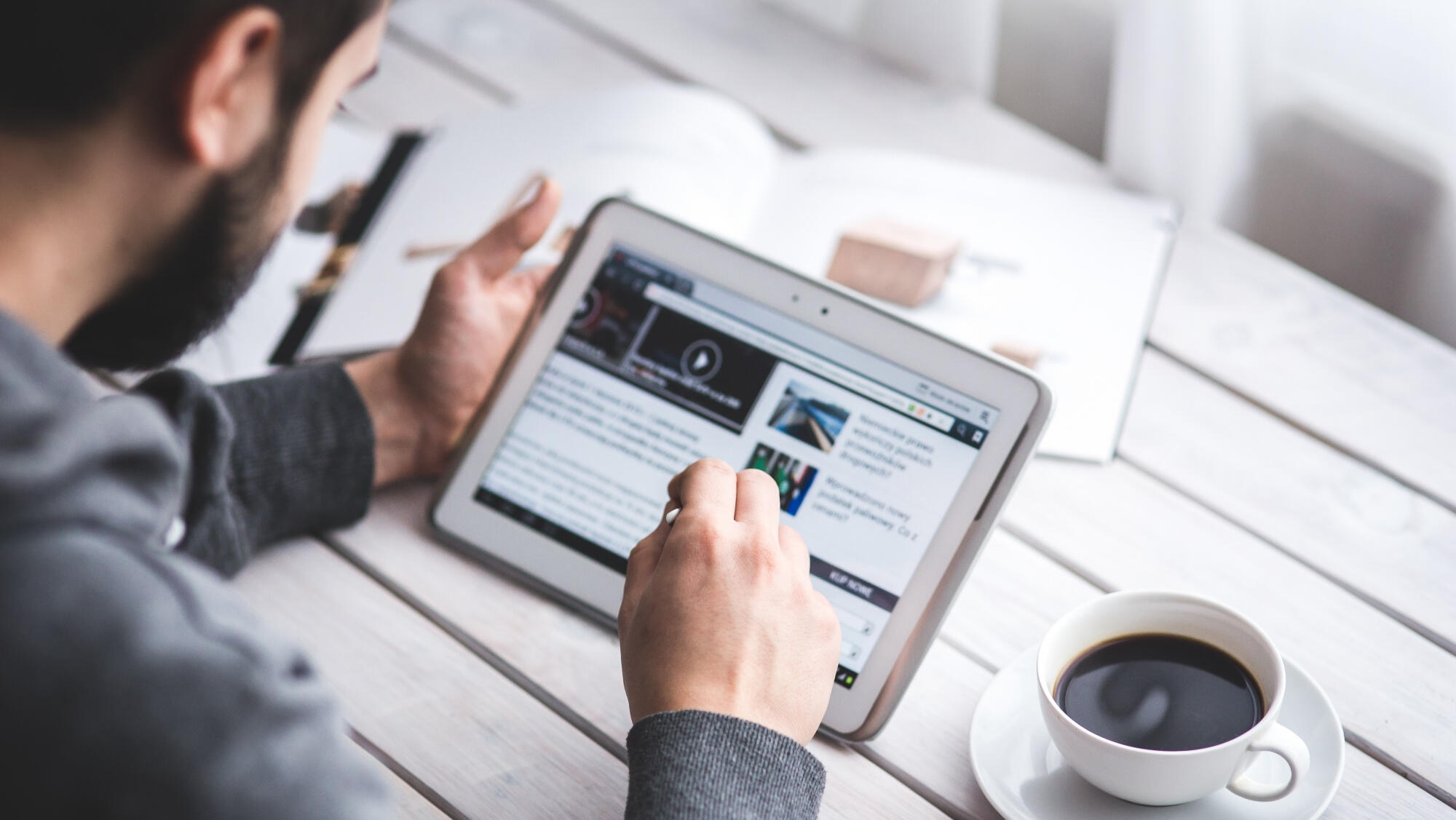Financial markets churned through another week of corporate earnings, geopolitical theatre, and the ongoing AI talent grab that's reshaping everything from Silicon Valley salaries to diplomatic summits. Here's what moved the dial across markets, boardrooms, and trading floors.
AI bubble floats to reality
OpenAI employees plan to sell US$6 billion in shares to investors, including Thrive Capital, SoftBank and Dragoneer Investment Group, with the deal valuing the company at US$500 billion, up from $300 billion and making OpenAI worth more than most countries' GDP.
Meta hit the brakes on AI hiring after its spending spree drew investor questions, restructuring its AI division into four teams and freezing transfers between them following salary packages worth hundreds of millions to poach researchers.
The hiring pause comes as businesses confront an emerging problem called AI psychosis, with University of California research psychiatrist Keith Sakata reporting he's hospitalised a dozen people who "lost touch with reality because of AI," developing delusions about chatbots being sentient or romantic partners.
The phenomenon has lawyers drafting new liability disclaimers, whilst Citigroup's positioning data shows technology remains the most crowded trade in Australia, with communication services surging from second least crowded to fourth most crowded as institutions pile into the same trades.
When everyone's betting the same way, exits become problematic.
Diplomatic theatre
Trump's Alaska summit with Putin failed to produce a Ukraine ceasefire despite Putin offering to halt advances if Ukraine ceded Donetsk, Luhansk, and occupied territory in Kherson and Zaporizhzhia, which Zelenskyy rejected as expected.
Trump then hosted Zelenskyy at the White House alongside European leaders, including Starmer, Macron, and NATO's Rutte, with the tone markedly different from February's confrontation as Trump discussed "possible exchanges of territory" and planned a trilateral summit.
Europe rallied around Ukraine for what officials called make-or-break talks, whilst Hamas agreed to a ceasefire with Israel's stance remaining unchanged.
Meanwhile, Trump announced he will not send peacekeeping troops to Ukraine, because nothing says diplomacy like a reality TV format.
Earnings roundup
BHP posted record copper and iron ore production of 2 million tonnes and 263Mt, respectively, though earnings fell 26% to US$10.2 billion on weaker commodity prices, with the miner paying a 60-cent final dividend that beat expectations and copper now contributing 45% of group earnings compared to 29% in FY24.
CSL lifted profit and revealed a 17% increase to US$3 billion whilst announcing it will spin off influenza vaccine unit CSL Seqirus and cut up to 15% of its workforce, with the restructuring costing $560-620 million but delivering $500-550 million in annual savings.
The earnings parade continued with NAB admitting underpaying staff as it posted mixed Q3 results, GPT returning to the black as write-downs dropped away, and Woodside highlighting dividends as profits declined.
Ampol slipped into the red on one-offs and inventory losses whilst China's steel exports continued hurting BlueScope's margins, proving that even domestic miners aren't immune to Beijing's industrial strategy.
Seek's bottom line improved despite earnings slipping, Transurban felt pressure from revenue drops and finance costs, whilst Brambles hit record highs on full-year results and Goodman stayed profitable with data centre focus.
Qantas paid A$90 million for illegally outsourcing 1,820 ground handling jobs during COVID, with CEO Vanessa Hudson apologising to affected workers and the Transport Workers Union receiving A$50 million of the penalty.
Sentiment mixed
Australian consumer sentiment hit a 3.5-year high as the Westpac-Melbourne Institute index rose 5.7% to 98.5, following the RBA's rate cut to 3.6%, with housing sentiment particularly notable as the 'time to buy a dwelling' index jumped 10.5% to 97.8 and three-quarters of consumers expecting home prices to rise.
U.S. retail sales rose and unemployment increased, creating the kind of contradictory signals that confuse a compass, while homebuilder sentiment dropped even as housing starts jumped despite building permits sliding.
Fed minutes revealed rare dissent from Governors Bowman and Waller on rate cuts as Jackson Hole approaches, with markets seeking September rate guidance and investors parsing every syllable from central bank officials.
Energy and tech musings
SoftBank invested US$2 billion in Intel at US$23 per share, becoming the fifth-largest shareholder as CEO Masayoshi Son called semiconductors "the foundation of every industry," with Intel having lost 60% of its value in 2024 before new CEO Lip-Bu Tan took over in March.
Trump weighed a government stake in Intel too, via CHIPS Act conversion after calling for Tan to step down over China connections; and the White House opened a TikTok account before the ban deadline, with timing that borders on parody.
Google launched its Pixel 10 with AI features; reports suggest Aussies remain optimistic about tech adoption; and AI upskilling took centre stage at economic roundtables.
Victoria's renewable energy plan doubled in cost to A$7.9 billion after expanding allocated land by 220,000 hectares, with the state government having estimated $4.3 billion just two months ago and the plan targeting 5.7-9.6 gigawatts of onshore wind, 9 gigawatts offshore wind, and 2.3-8.9 gigawatts of solar by 2040.
Without the transmission plan, connecting renewable infrastructure would cost the state economy $9.6 billion, according to Energy Minister Lily D'Ambrosio, with the plan covering 7.9% of Victoria and proving that even green initiatives aren't immune to budget blowouts.
Swap deals
Trump expanded steel tariffs across 407 products, whilst EU tariffs hit 15% after a US$1.3 trillion pledge, with China's steel exports continuing to pressure international competitors as the trade war escalates.
Air Canada flights resumed after union agreements, whilst Goldman Sachs targeted Australia's ultra-wealthy families for new business, proving that money management never takes a holiday.
Trump bought over US$103 million in bonds since his inauguration, whilst his civil fraud fine was overturned by a New York court, with the Justice Department calling for Fed Governor Lisa Cook to step down and adding to administration pressure on central bank independence.
Glencore committed US$13.5 billion to Argentina copper mining as demand projections support higher prices, whilst the productivity summit focused on economic growth with tax reforms as the key outcome emerging from discussions.
Home Depot stock rose 3% on store sales growth whilst Target shares dropped as the new CEO promised a return to growth, and Walmart posted higher profits despite missing earnings estimates.
Future facing
The AI sector faces a reality check as valuations clash with operational metrics, with companies leading with comprehensive risk management strategies likely to outperform those chasing pure technological advancement, whilst crowded trades in technology sectors suggest potential volatility as institutional positions unwind.
The emerging AI psychosis phenomenon adds liability considerations for companies deploying consumer-facing AI systems, whilst geopolitical negotiations continue influencing commodity markets and mission-critical concerns trump copper resolution for central bank policy.
The gap between AI promises and practical implementation continues widening as markets grapple with separating substance from speculation.



